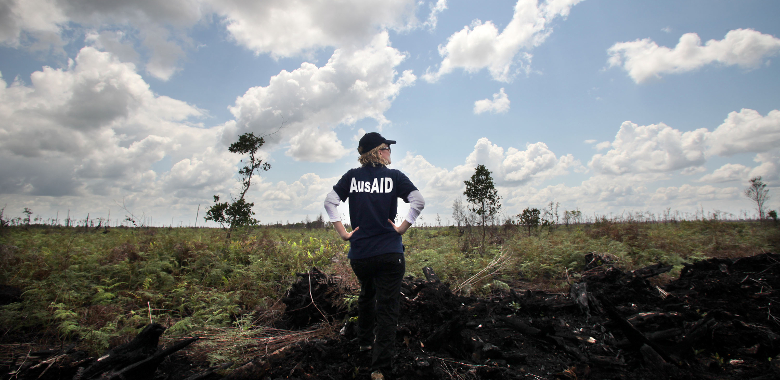IPBES Assessment Report on Land Degradation and Restoration
Worsening worldwide land degradation now ‘critical’ – undermining well-being of 3.2 billion People.
Worsening land degradation caused by human activities is undermining the well-being of two fifths of humanity, driving species extinctions and intensifying climate change. It is also a major contributor to mass human migration and increased conflict, according to the world’s first comprehensive evidence-based assessment of land degradation and restoration.
The dangers of land degradation are detailed for policymakers, together with a catalogue of corrective options, in the three-year assessment report by more than 100 leading experts from 45 countries, launched today.
Produced by the Intergovernmental Science-Policy Platform on Biodiversity and Ecosystem Services (IPBES), the report was approved at the 6th session of the IPBES Plenary in Medellín, Colombia.
Providing the best-available evidence for policymakers to make better-informed decisions, the report draws on more than 3,000 scientific, Government, indigenous and local knowledge sources. Extensively peer-reviewed, it was improved by more than 7,300 comments, received from over 200 external reviewers.

Rapid expansion and unsustainable management of croplands and grazing lands is the most extensive global direct driver of land degradation, causing significant loss of biodiversity and ecosystem services – food security, water purification, the provision of energy and other contributions of nature essential to people. This has reached ‘critical’ levels in many parts of the world, the report says.
“With negative impacts on the well-being of at least 3.2 billion people, the degradation of the Earth’s land surface through human activities is pushing the planet towards a sixth mass species extinction,” said PECS-SC member Prof. Robert Scholes (South Africa), co-chair of the assessment with Dr. Luca Montanarella (Italy). “Avoiding, reducing and reversing this problem, and restoring degraded land, is an urgent priority to protect the biodiversity and ecosystem services vital to all life on Earth and to ensure human well-being.”
The full press release can be found here, and the actual Summary for Policymakers (along with rich media material) can be found here.
